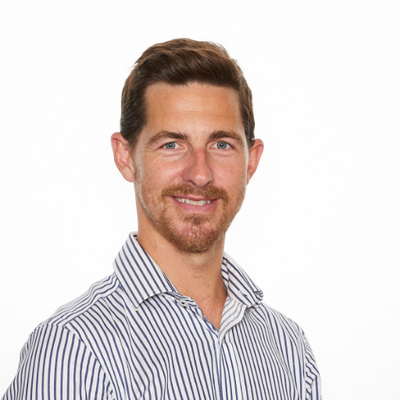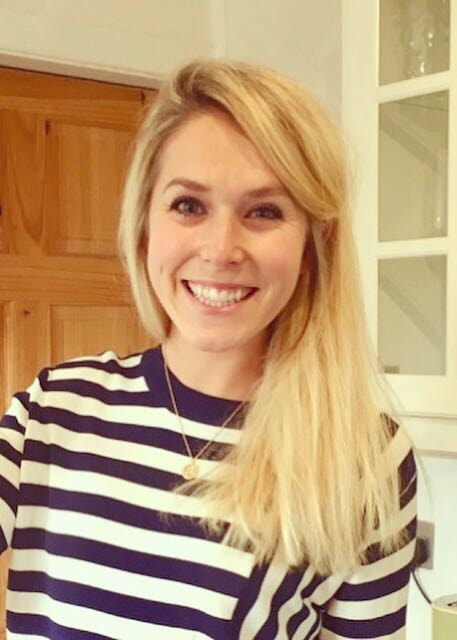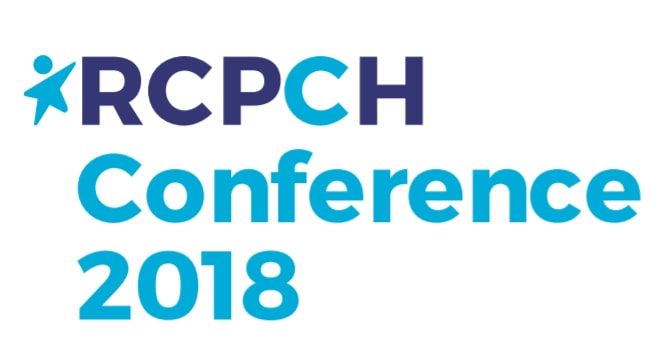|
Dr Tom Cromarty Editor Interests: Paediatric Emergency Medicine, Medical Engagement and Leadership, Simulation, Quality Improvement, Research Twitter: @Tomcromarty |
Welsh Research and Education Network
WREN BlogHot topics in research and medical education, in Wales and beyond
Dr Celyn Kenny Editor Interests: Neonates, Neurodevelopment, Sepsis, Media and Broadcasting Twitter: @Celynkenny |
|
Guest blog by Dr Jemma Wright I was delighted to attend the first day of the RCPCH annual conference this year and here is a brief summary of my day. The day started early with a personal practice session about the new PROGRESS curriculum. Hopefully you are all aware of this new curriculum as it is going to be introduced this August. The session was an introduction to the new curriculum and it does seem like the college is trying to make it easier to engage with the new, much shorter curriculum. There is lots of information available on www.rcpch.ac.uk/progress including details of the mandatory 'key capabilities' we need to achieve and 'illustrations'/examples of how to evidence this on Kaizen. The main tip was to engage with this curriculum early as you can start producing evidence on your eportfolio now so it is already there to link to the new curriculum when it becomes live on 1st August 2018. The overall theme of the conference was ‘Children First – Ethics, Morality and Advocacy in Childhood’ and the main plenary had a strong theme on ethics.
The first keynote speech was about “Putting the Child First” and was an extremely topical philosophical exploration of the interaction between best interests and parental rights. There has been some significant media attention in the last year on multiple cases of disagreement between the medical teams and the parents. He alluded to these cases including the common protest of ‘my child, my choice’, and put a spin on this statement by highlighting that a parent does not necessary have the right to choose anything for their child – his example being that parents have the right to choose what to feed their child but they cannot choose to feed them poison. Overall it was an interesting discussion concluding that the child must always come first. This was followed by three project presentations: The first was on the impact of austerity on families with disabled children across Europe. The conclusion of the project survey was that cuts since 2008 have resulted in worsening quality and access of services to disabled children with a significant negative impact on families in the UK, especially those in severe poverty. The second was about delays in seeking legal judgements in cases of withdrawal of care, collecting data of 15 cases across the England over the last 5 years. They recommended considering alternative methods to avoid these delays such as mediation/dispute resolution, which have high success rates in avoiding litigation, and tend to have higher satisfaction rates. The last project was about a UK survey on paediatricians experience of sleep education. It was found that around 75% of paediatric trainees have not received any teaching on sleep during their training. Interestingly they recommended that we should all be taking a 15 min nap during our night shifts to reduce fatigue and that this should be supported by our workplaces. For more information, they have recently published articles in ADC and BMJ to promote more awareness about how to approach sleep during shift work. The plenary concluded with Professor Neena Modi talking about “Children in the 21st century’ focussing on the historical progression of a child’s role in society from possession, to protection, to partnership. She also talked about the increasing importance of non-communicable diseases in children especially childhood obesity and the interaction between child health and adult health. There is a whole section about these issues in the State of Child Health section on the RCPCH website. Next up, I chose to go to a workshop about navigating academic training pathways. As a non-academic trainee, it was interesting to hear that the college is keen to support paediatricians interested in developing an academic element to their job. I found out about a research funding opportunities database on the RCPCH website (https://www.rcpch.ac.uk/research_funding_opportunities) and the new academic toolkit (http://apatoolkit.eastface.co.uk). After lunch, I headed to the BPAIIG speciality group session. We had a presentation from an epidemiologist at PHE taking about paediatric antimicrobial resistance followed by a talk by a paediatric ID consultant about balancing antimicrobial stewardship since the new NICE sepsis guidelines. The key learning point when prescribing antibiotics was to be mindful of antibiotic resistance and always ‘Start Smart then Focus‘. There was a good representation from Wales in this session. I was asked to present my project about the epidemiology/microbiology of candidaemia over the last 15 years at Alder Hey Children’s Hospital followed by an excellent presentation by a Cardiff medical student looking at the risk of laceration when using an adrenaline auto-injector. There were also two further presentations about the impact of PCV on pneumococcal meningitis rates and two cases of INF a/b receptor 2 deficiency associated with immunodeficiency. Finally there were two further talks by paediatric ID consultants about the use of biomarkers to guide length of antibiotic course and the novel use of old antibiotics or new antibiotic combinations to treat multi-resistant bacteria. Excitingly there is a new national trial entitled BATCH (biomarker guided duration of antibiotic treatment in children hospitalised with confirmed or suspected bacterial infection), which is being coordinated by the Centre for Trials Research in Cardiff and may guide further developments in this area. Overall I had an excellent thought provoking day and enjoyed the excuse to visit Glasgow, my old FY2 home.
0 Comments
Leave a Reply. |
Editors
Dr Annabel Greenwood Categories
All
|







 RSS Feed
RSS Feed
